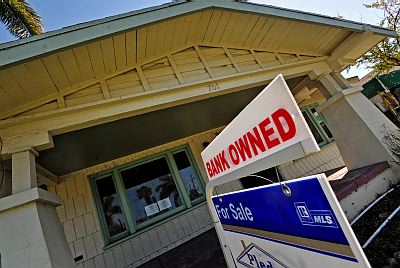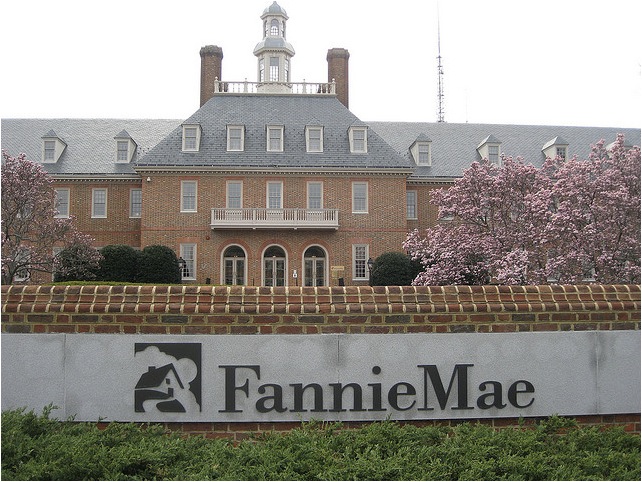
Michael Goulding/The Orange County Register
Amidst the country’s rapidly snowballing foreclosure debacle, some pretty big news: Fannie Mae and Freddie Mac have temporarily dropped the Law Offices of David J. Stern as one of their go-to firms for handling foreclosures in Florida. Stern’s firm is often referred to as a “foreclosure mill,” and has come under fire from defense attorneys, ex-employees, and the state attorney general for a range of improprieties. In August, Mother Jones broke the story about the evidence of wrongdoing and fraud inside the firm, its toxic culture, and its ties to Fannie and Freddie.
In the story “Fannie and Freddie’s Foreclosure Barons,” I detailed how Fannie and Freddie relied on Stern’s firm to handle thousands of foreclosure cases as quickly and cheaply as possible:
Stern’s company is one of dozens of mills that now churn through more than a million cases a year for Fannie and Freddie, big banks, and private lenders. Built like industrial assembly lines, the mills employ small armies of paralegals and other low-level employees who mass-produce court filings, run title searches, and schedule scores of hearings and property auctions daily. Meanwhile, staff attorneys appear for dozens of court hearings in rapid succession, pulling plastic filing cabinets on wheels behind them as they dash from one courtroom to the next. Stern and his ilk typically create in-house subsidiaries, which then bill the parent law firm for the various services. “All sorts of crap is loaded on,” notes Irv Ackelsberg, a Philadelphia consumer-law attorney.
That model, legal experts and defense attorneys told me, led to plenty of corner-cutting and even allegations of fraud and deception in the foreclosure legal process, including using backdated documents in court. As Ira Rheingold, executive director of the National Association of Consumer Advocates, told me then, the credo of these outfits seemed to be, “How fast can I turn this file?” Rheingold added, “For these guys, the law is irrelevant, the process is irrelevant, the substance is irrelevant.”
Not only have Fannie and Freddie suspended foreclosure referrals to Stern’s firm, the Wall Street Journal reported, but two major banks—Citigroup and GMAC—have also stopped sending cases to the firm, which is under investigation by the Florida attorney general Bill McCollum. “Pending the outcome of the AG’s investigation, Citi is not referring new matters to this firm,” read a company statement.
This isn’t the first crackdown on Stern’s firm and the foreclosure mills since my story was published. In late September, Rep. Alan Grayson (D-Fla.) sent a letter to the Florida Supreme Court demanding a halt to all foreclosures handled by the four mills under investigation by the attorney general: Shapiro and Fishman, Florida Default Law Group, the Law Offices of Marshall C. Watson, and the Stern firm. Grayson’s letter specifically mentioned Mother Jones‘ reporting on the issue. A few days later, Grayson, Rep. Corinne Brown (D-Fla.), and Rep. Barney Frank (D-Mass.), chair of the powerful House financial services committee, sent a letter to Fannie that grilled the housing corporation on its use of foreclosure mills. “Fannie Mae seems to specifically delegate its foreclosure avoidance obligations out to lawyers who specialize in kicking people out of their homes,” the letter read.
The backlash against Stern followes a recent barrage of criticism and scrutiny of top mortgage companies for using bogus foreclosure filings to seize borrowers’ homes. On Wednesday, regulators from all 50 states announced a massive, multi-state investigation into allegedly “deceptive” and “unfair” practices. You can read that statement announcing that investigation below. And you can read Mother Jones‘ initial investigation into the foreclosure mills and law firms like David Stern’s here.
Foreclosure Affidavit Joint Statement
















